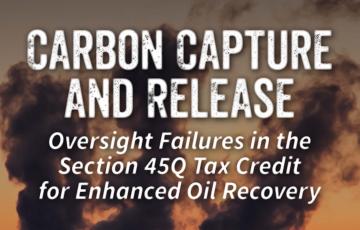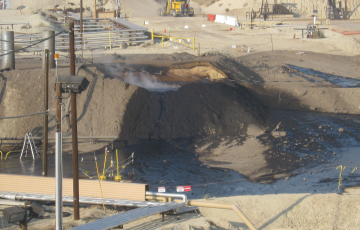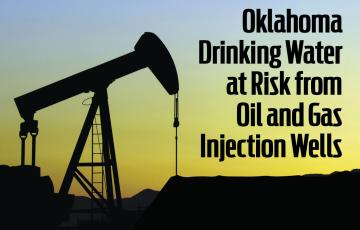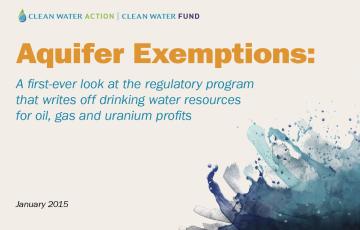publications
Carbon Capture and Release
Injecting captured carbon underground to produce more oil is promoted as a climate mitigation policy. This 2018 report exposes these oversight failures and challenges the assertion that federal subsidies for carbon used in enhanced oil recovery could ever be considered an effective climate mitigation policy.
publications
Factsheet | Carbon Dioxide Enhanced Oil Recovery (CO2-EOR)
As a known threat to drinking water sources, enhanced oil recovery is regulated by the federal Safe Drinking Water Act Underground Injection Control program. Our research has found this program to be inadequate in protecting groundwater, relying on outdated rules, and insufficient data collection and staffing levels to ensure safety.
publications
The Environmental Risks and Oversight of Enhanced Oil Recovery in the United States
Enhanced oil recovery (EOR) is the most common oil recovery practice in the U.S., accounting for an estimated 60% of domestic crude oil production. EOR involves the injection of fluids underground to increase the flow of oil and gas to the surface. Despite its prevalence, EOR is largely unknown to the public, poses threats to groundwater, and lacks adequate oversight from state and federal regulators.
publications
Oklahoma Drinking Water at Risk from Oil and Gas Injection Wells
This 2017 analysis of injection well locations and water quality data in Oaklahoma indicates that the Oklahoma Corporation Commission may have failed to protect underground sources of drinking water from oil and gas injection wells.
publications
Aquifer Exemptions: Sacrificing Groundwater for Oil and Gas Production
The Aquifer Exemption program in the Safe Drinking Water Act (SDWA) Underground Injection Control (UIC) program allows certain oil and gas and mining activity to occur in groundwater that would otherwise be protected as a drinking water source.
Stay Informed
Get the latest updates and actions:
Thanks for signing up!
There was a problem processing your signup. Please try again.



